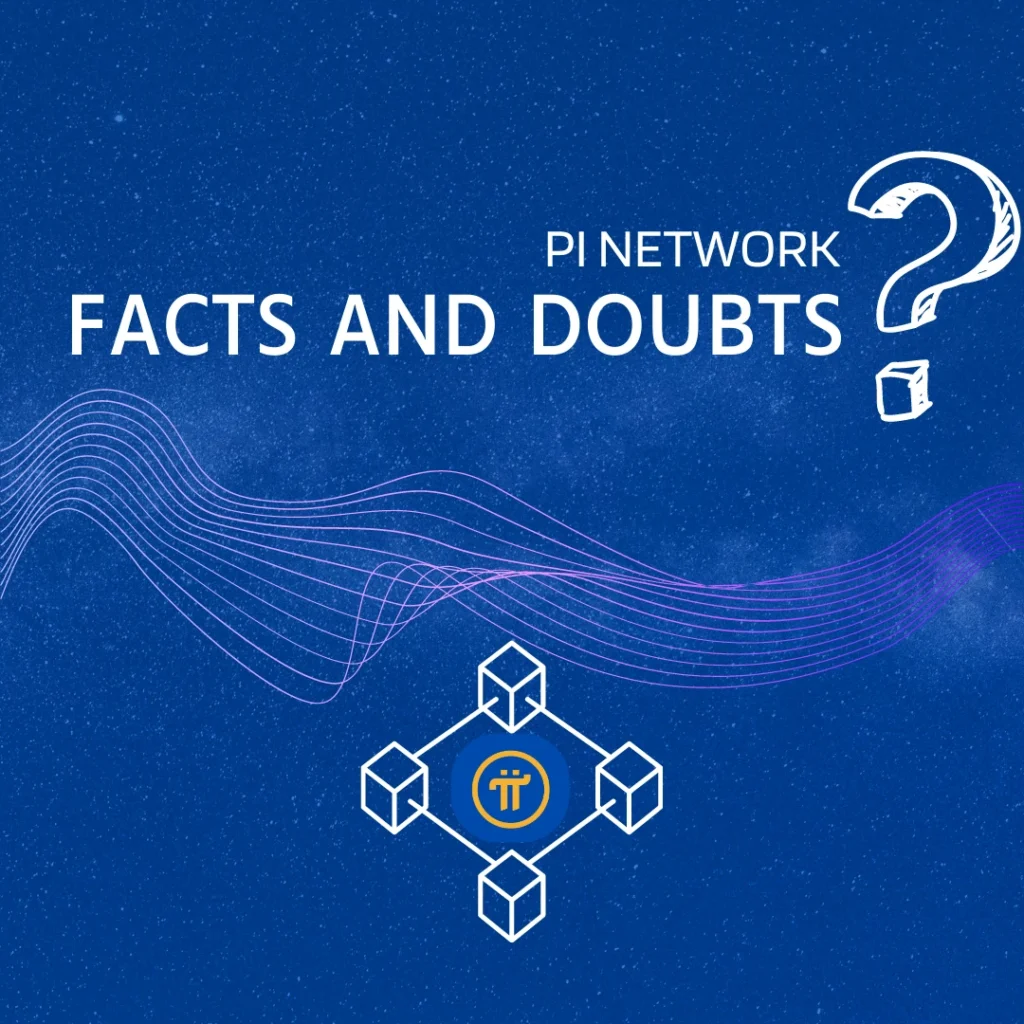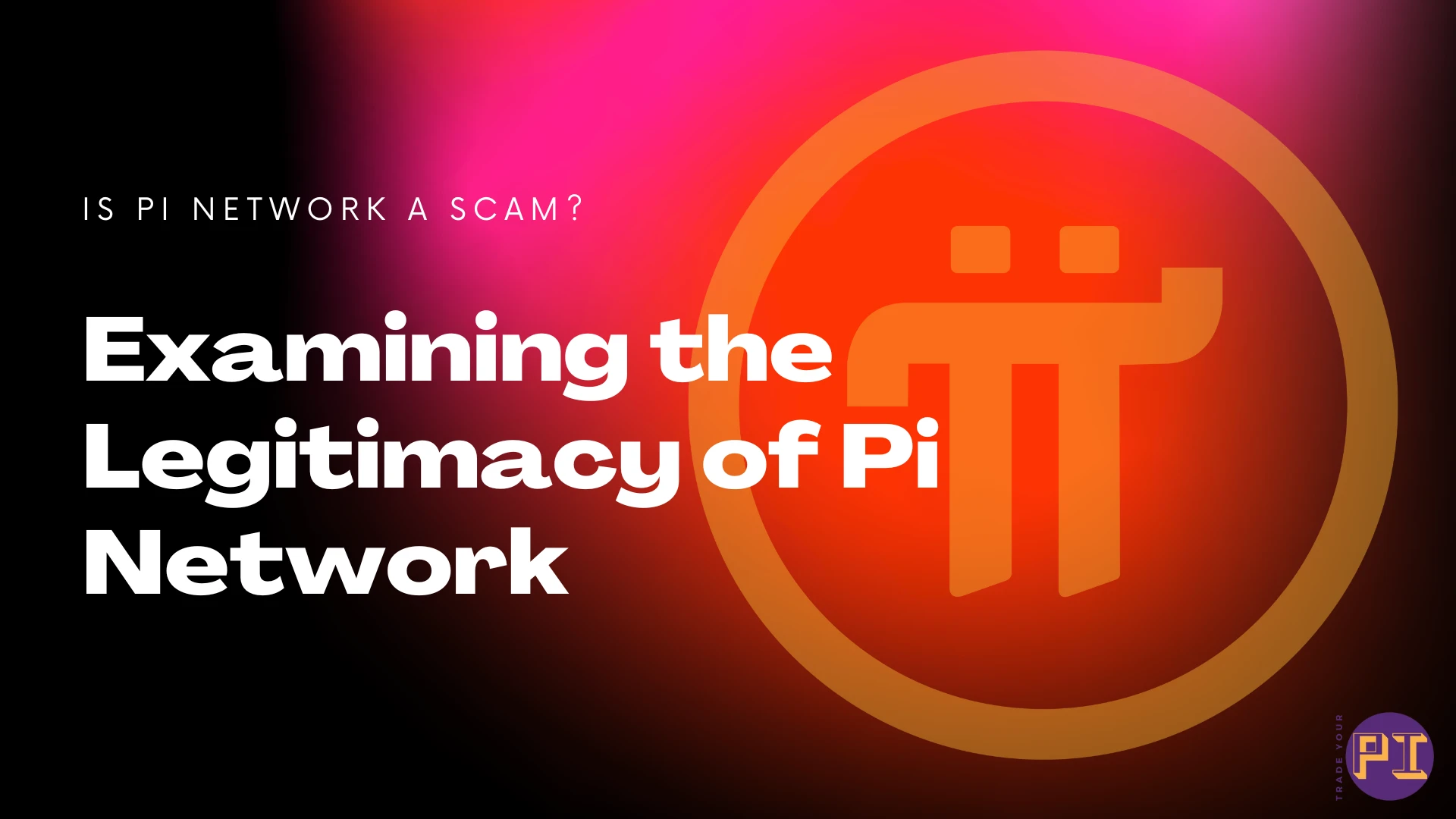In recent times, Pi Network has garnered attention within the cryptocurrency community as a platform that allows users to mine and earn Pi coins through their smartphones. However, concerns have been raised regarding the legitimacy of Pi Network, with some labeling it as a potential scam. In this blog, we will delve into the details of Pi Network, its operations, and the controversies surrounding its legitimacy.
Understanding Pi Network
Pi Network is a cryptocurrency project developed by a team of Stanford University graduates. Launched in 2019, the platform aims to simplify the mining process and make it accessible to a wider user base. The project allows users to mine Pi coins by simply tapping a button on the Pi Network app once every 24 hours. It utilizes a multi-level marketing approach, rewarding existing users for inviting new members.
Controversies and Skepticism
While Pi Network has attracted millions of users worldwide, skepticism and concerns about its legitimacy have emerged. Some experts argue that the project shares similarities with Ponzi schemes, which eventually defraud investors. However, it is crucial to approach these claims with a balanced perspective and examine the available evidence.

Lack of a Functional Blockchain
One of the primary concerns surrounding Pi Network is the absence of a functional blockchain network. Currently, no actual mining operations are taking place, and the project relies on an enclosed mainnet for testing purposes. The lack of transparency regarding the launch date of the open mainnet has raised doubts and skepticism among critics.
The Role of KYC
Unlike many decentralized mining protocols, Pi Network requires users to complete a Know-Your-Customer (KYC) process. Providing personal information to prevent the creation of multiple accounts. While this may be viewed as a measure to ensure a genuine user base, critics argue that it could potentially be a strategy to collect valuable user data for undisclosed purposes.
Controversial Listings
Adding to the skepticism surrounding the Pi Network, a synthetic version of the Pi coin has been listed on certain cryptocurrency exchanges. Enabling users to speculate on its price movements. However, it’s important to note that Pi Network’s developers have distanced themselves from these listings, cautioning users against engaging with them. This disassociation from exchange listings raises concerns about the project’s credibility and the true value of the Pi coin.
Exercise Caution and Conduct Research
While it is challenging to definitively label Pi Network as a scam without concrete evidence, it is essential for users to exercise caution and conduct thorough research before engaging with the platform. While Pi Network does not require financial investments from its users, the potential risks and uncertainties surrounding the project should not be overlooked. It is advisable to manage expectations and understand that the activities on the platform may not yield significant profits in the long run.
The legitimacy of Pi Network remains a subject of debate and skepticism within the cryptocurrency community. While the project’s objective of simplifying mining and involving more users in the crypto space is commendable, users should approach it with caution. Conducting independent research, seeking expert opinions. Understanding the potential risks are crucial steps before participating in any cryptocurrency project. Only through careful evaluation can users make informed decisions about their involvement in Pi Network or similar ventures.
References
https://cryptopotato.com/what-is-pi-network/
https://www.binance.com/en-IN/feed/post/173896
Visit TradeYourPi.com for exciting deals and offers.
Latest Comments
Tags
There’s no content to show here yet.






One thought on “Examining the Legitimacy of Pi Network: Is it a Scam?”
Pingback: Pi Network vs. BTC and ETH: Underdog That Could Surpass Them All!